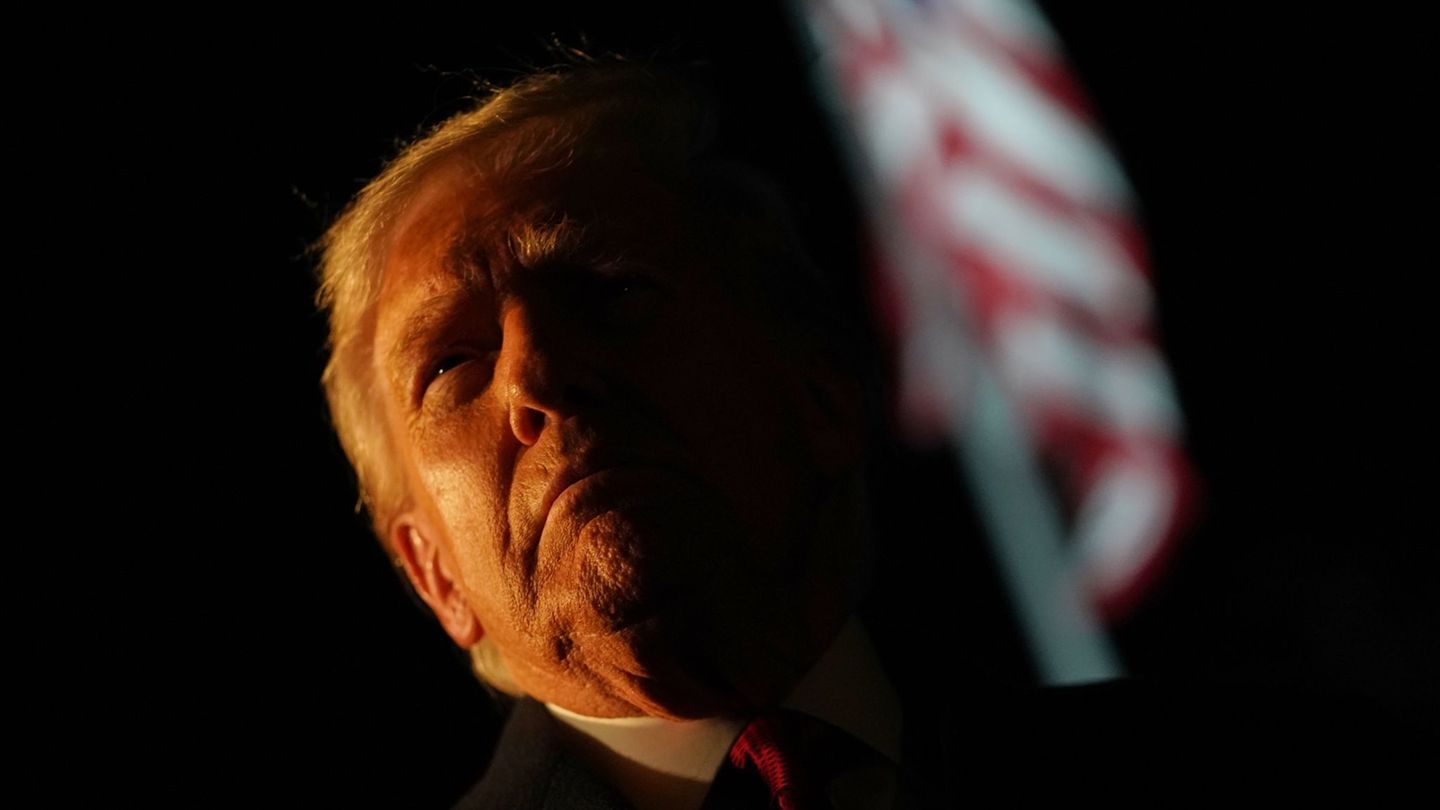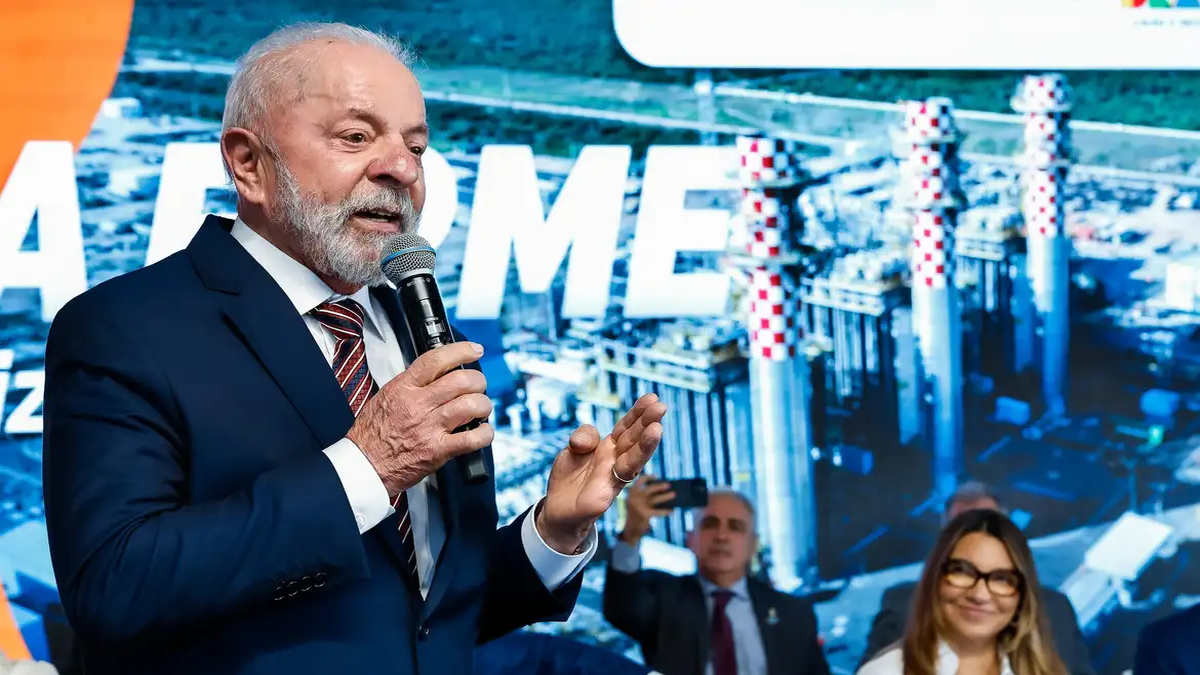Diplomatic success for Israel: the foreign ministers of four Arab states and the USA meet in the Negev desert. The atmosphere is relaxed, but the topics could hardly be more serious.
At a historic summit in the Negev desert, Israel, the United States and four Arab states drew closer together, sending a signal against Iran.
They want to meet regularly at high level in the future, said Israeli Foreign Minister Jair Lapid on Monday in Sde Boker in the presence of his counterparts from the USA, Egypt, Bahrain, Morocco and the United Arab Emirates (UAE). “We have decided to make the Negev summit a permanent forum.”
In a symbolic gesture, the six ministers lined up at the end and shook hands. Before that, they had talked about different topics.
A regional counterweight to Iran
Israel in particular is concerned that the return to the international nuclear agreement with Iran that the USA is aiming for will ultimately pave the way for Tehran to build nuclear weapons. It sees its existence threatened by its archenemy. The Gulf States in particular share this concern. The demonstrative solidarity with the allied Arab states also serves as a clear signal against Tehran’s aggressive activities in the region. “The combined capabilities we are building scare and deter our common enemies — most notably Iran and its allies,” Lapid said.
For Israel, the warm-hearted summit means the kind of acceptance in the region that it has always dreamed of. Such a meeting was unthinkable just a few years ago, said US Secretary of State Antony Blinken. The location of the summit could not be more symbolic: in the desert town of Sde Boker, where the founder of the state, David Ben-Gurion, is buried.
Israel has established diplomatic relations with Bahrain, the UAE, Morocco and Sudan within 18 months. Previously, the Jewish state had only signed peace treaties with Egypt and Jordan. Economic considerations were the main driving force behind the rapprochement.
However, Morocco’s Foreign Minister Nasser Bourita also said: “We are here today because we honestly, sincerely and deeply believe in peace.” UAE Foreign Minister Abdullah bin Sajid told Lapid: “Jair, you are not just a partner, you are a friend.”
Palestinians are left out
No Palestinian representative attended the summit in Sde Boker, and Israel’s neighbor Jordan also stayed away. While the six foreign ministers were getting closer in Sde Boker, Palestinian President Mahmoud Abbas made a point of meeting Jordan’s King Abdullah II in Ramallah.
However, Blinken and his Arab counterparts emphasized that the new regional cooperation is not a substitute for a peace settlement between Israel and the Palestinians. Both sides should “enjoy an equal degree of freedom,” said Blinken.
Lapid said it joined forces with the US to “open a door to all peoples of the region, including the Palestinians, offering to exchange the path of terror and destruction for a shared future of progress and success.”
Fear of new escalation of violence
The summit meeting was overshadowed by another deadly attack in the Israeli coastal city of Hadera. All Arab foreign ministers unequivocally condemned the actions of two Israeli Arabs. It further feeds fears of a new escalation of violence in the coming month – when Muslims celebrate Ramadan, Christians Easter and Jews Passover. This affects Israel and the Palestinian territories equally.
Egypt in particular has always been helpful in containing tensions between Israel and militant Palestinian organizations. “We must oppose extremism and terrorism for the security and stability of the region,” said Egyptian Foreign Minister Samih Schukri.
Source: Stern
David William is a talented author who has made a name for himself in the world of writing. He is a professional author who writes on a wide range of topics, from general interest to opinion news. David is currently working as a writer at 24 hours worlds where he brings his unique perspective and in-depth research to his articles, making them both informative and engaging.




